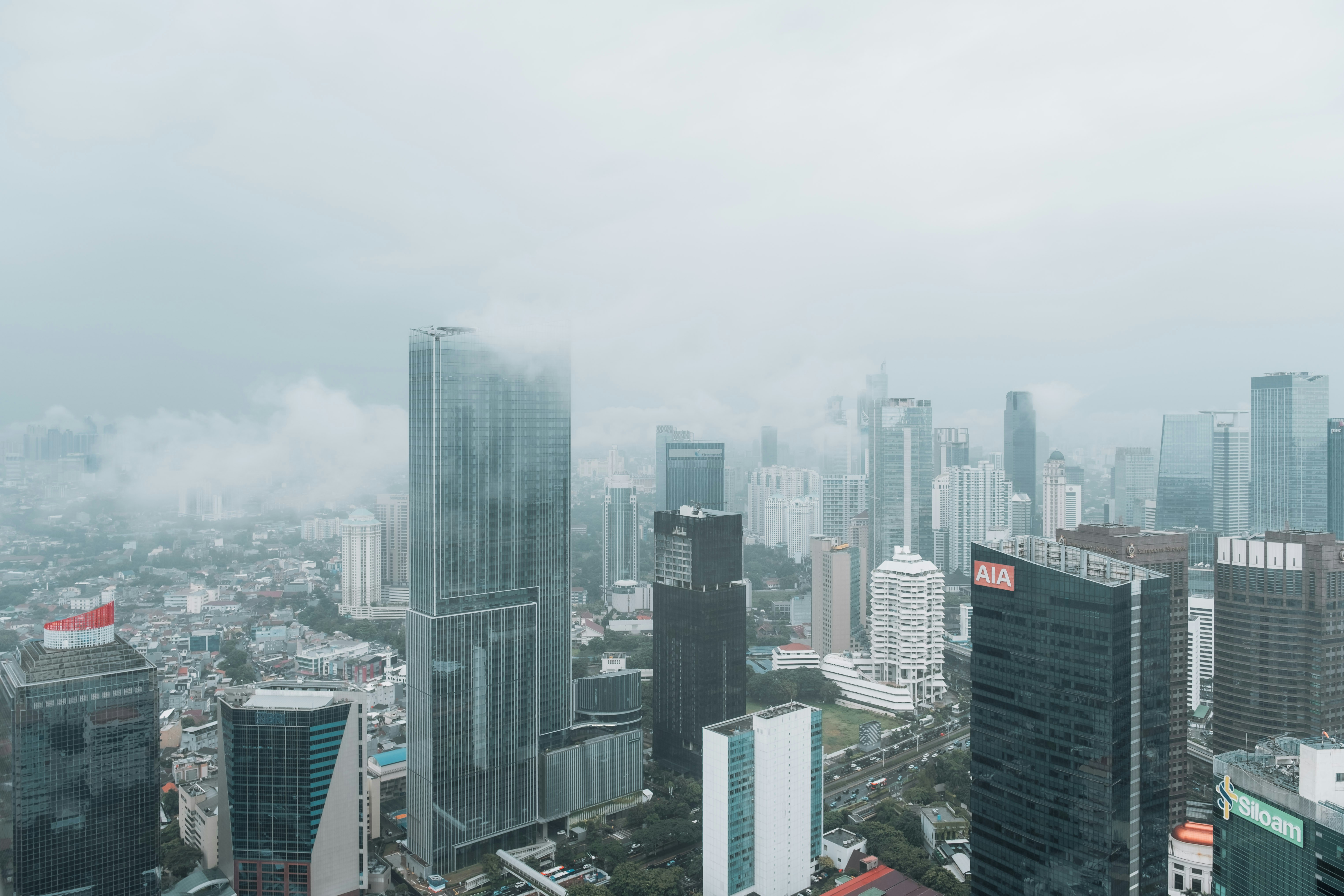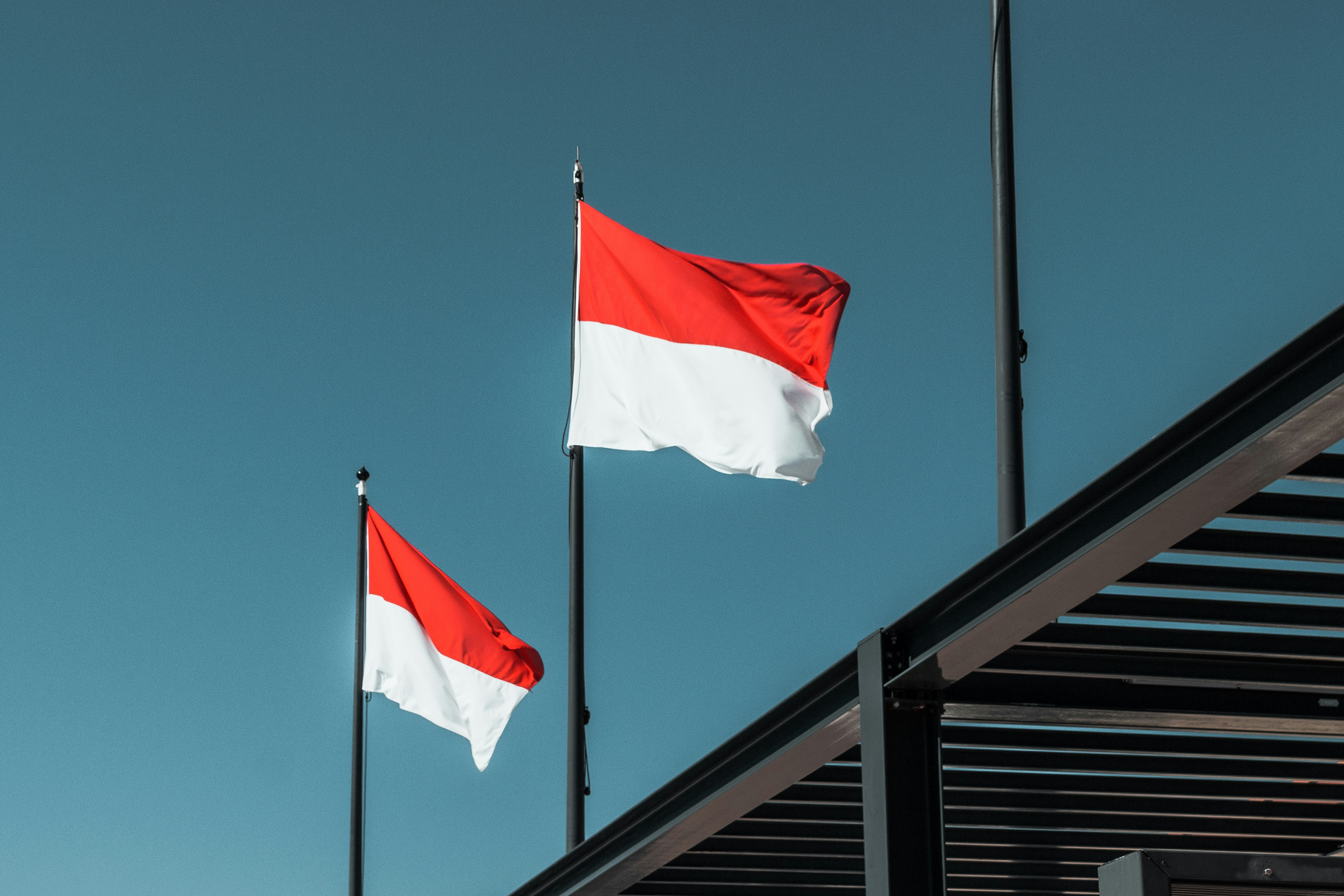The nature of the Papuan people is conflict. This is a statement expressed by a local Papuan NGO worker that best described the dynamic of the society in Papua. These conflicts could be classified into two: internal conflicts, involving conflicts between tribal and other traditional groups which is exacerbated by external conflicts, implicating the military, the interests of the elites both at the local and national level, and foreign investors. Those conflicts have weakened the social cohesion of the Papuan. In other words, the society is 'fragmented'.
The root of the conflict derived from sensitive issues of justice and welfare of the Papuan that has been neglected by the government and other parties for many years. This negligence has resulted in the disappointment of the people in Papua. Its most extreme reaction was expressed in the form of separatist movement led by OPM (Free Papua Organization), which demand to establish an independent state. The government saw the movement as a threat to national unity. During Suharto's administration, repressive military operations were used as a panacea to curb this movement. This strategy however failed to address the substantial issue in Papua, and instead it has caused the weakening of civil society in Papua. People in Papua became suspicious towards the government (Jakarta) and between one and another. As the result, it placed the Papuan society prone to conflict and they are easy target of divide and rule strategy.
After the fall of Suharto, there were more efforts by the government to handle Papua in a better way.Political changes in 1998 urged the Habibie's administration to introduced decentralization policies. Through Undang-Undang (UU-Legislation Law) Number 22/1999 and UU Number 25/1999, Jakarta bestowed greater authority to the region and also provided financial assistance to support such policies. To enhance the effectiveness of the decentralization policies, Jakarta introduced UU No. 1945/1999 expanding Papua into 3 provinces. This area expansion policy however received strong rejection by the elites in Papua. For the elites in Papua, the area expansion policy imposed from Jakarta has become an unpopular political issue. The rejection of the policy was based on the concern that it could sow discord the interest of the Papuan elites themselves. Because of such rejection it forced Jakarta to 'float' or even delay the implementation of the area expansion policy.
Under President Wahid, Jakarta implemented UU Number 21/2001 on Special Autonomy for Papua. The policy regulates 80 per cent of the natural resource funds to be administered by the Papuan people themselves. The policy also supported the establishment of 'state induced' MRP (Majelis Rakyat Papua- Papuan Representative Body), which its initial aim was to represent the 'voice' of the Papuan.
The implementation of the special autonomy policy in practice faced several obstacles related or link to various interests in Jakarta, ranging from issues of lack of trust between Jakarta and people in Papua and technical administrative consideration meaning that the Papuan may not yet be ready to receive greater responsibility. Based on the aforementioned obstacles, it urged President Megawatis administration to implement President Instruction (Inpres) Number 1 2003 which expanded Papua into three provinces: Papua, Irian Jaya Tengah (Central Irian Jaya), and Irian Jaya Barat (West Irian Jaya).
The governments decision to speed up the area expansion policy stem from UU No 45/1999 and at the same time disregard UU No 21/2001 which granted Special Autonomy in Papua. The implementation of the Inpres number 1/2003 is however problematic. Ideally, with the special autonomy status, every policy that concerns areas expansion in Papua should involved various elements in the Papuan society in the decision making process. It is easily understood that the decision to implement Inpres 1/2003 did not consider inputs from MRP, which has been legally not form yet. The reaction from the implementation of Inpres 1/2003 both involve people who supported and against the policy. The inconsistency of the national policy in implementing special autonomy in Papua aggravates the situation. Moreover, suspicion between each other amidst competition among the interest of the elites in the national and local level has weakened the society in Papua to easily be involved in conflict. In sum, governments policies to implement the special autonomy and area expansion policies was followed by a threat of even a greater societys fragmentation in the form of both vertical and horizontal conflicts which involve various elements of the society in Papua. As the result of the conflicts, the bargaining position of the Papuan vis-a-vis the government has become even weaker.
For that reason, conflict prevention and resolution has become a crucial agenda in Papua amidst the effort to implement special autonomy and area expansion, which ultimately need to involve various elements of the society in Papua. Therefore, this research concentrate on action program which aim to build and strengthened the social cohesion of the society in Papua via participatory research. This type of research is not only intended to gather the stakeholders that become the target group in this action, which comprises of traditional leaders, tribal leaders, church leaders, other religious leaders, NGOs, political parties elites, and local governments, but the action also facilitate them to enhance their understanding and awareness with regards to the root of conflict, their position in conflict and challenges they might face in the process of implementing the special autonomy and area expansion. From identifying members of the target group, it is clear that the direct and indirect beneficiaries of the action will cover a huge range of people in the society in Papua.
Participatory techniques that are developed through Focus Group Discussion (FGD), in-depth interviews and participant observation are aim to gather the stakeholders in common understanding in how to prevent and resolve conflicts. The reason to choose those stakeholders as target group in participatory technique was based on their influence and capacity consideration to effectively communicate to the society on the agreement that they have met. This technique is expected to become the embryo of establishing an effective communication network for the society. At the end institutionalizing this communication network is through the form of forum dialogue group which accommodate various elements of the society, enabling them to express their aspirations.
The special feature of this forum centered on the strength of the communication network that have strong bases in the society via the stakeholders mentioned earlier. Linking this forum dialogue group with other influential elements in the society will be an advantage. In addition, facilitating the forum dialogue with conflict expertise will also bring positive results with the goal that there will be a transfer of knowledge in how to manage and understand conflicts. This forum dialogue group is not proposed to represent national and regional political interest but it aims to strengthen the social cohesion of the society that has been fragmented as the result of unresolved conflicts of interest between various elements in the society.
A strong social cohesion is reach when people agreed to come together to solve conflicts in a more appropriate and respective way. In addition, a strong social cohesion is accomplished when people are not easily provocated by rumors and divide and rules strategy. This forum dialogue group also provide space for the society to internalized collective action to inc







